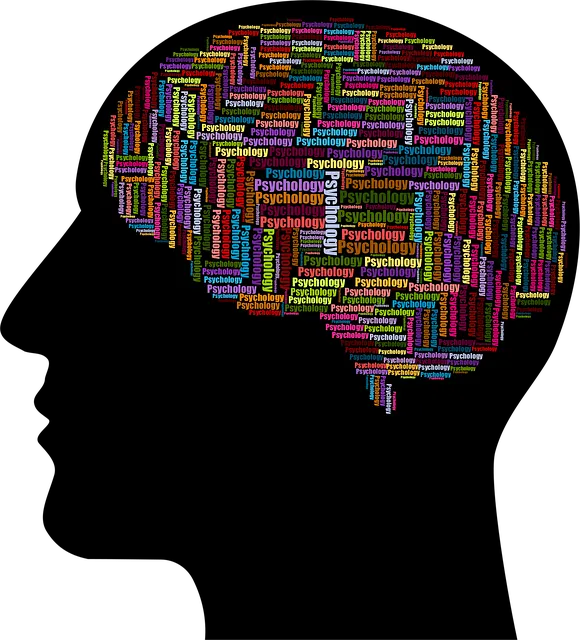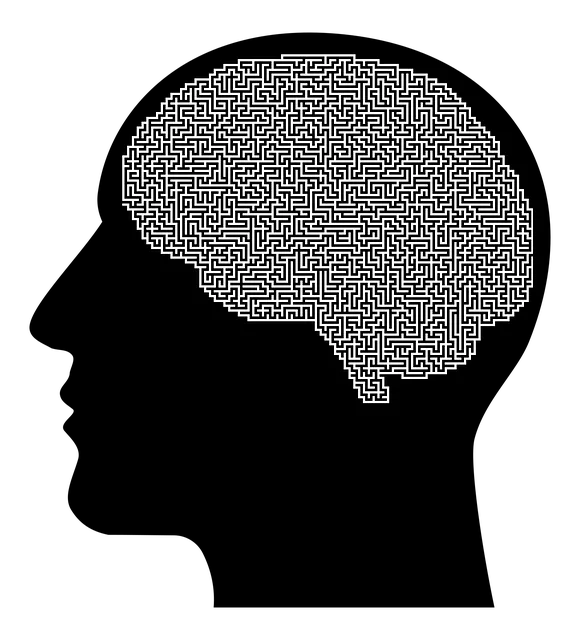The Englewood Kaiser Permanente Mental Health Access Center employs advanced data analysis techniques to revolutionize mental healthcare. Utilizing diverse sources like patient records, surveys, and assessments, the center identifies prevalent mental health concerns, such as anxiety disorders, while promoting self-care practices and inner strength development. Through sophisticated statistical methods and machine learning, they uncover patterns in patient outcomes, treatment effectiveness, and risk factors, enabling evidence-based decision making and tailored interventions. This data-driven approach aims to improve resource allocation, align services with community needs, and ultimately enhance mental health access and outcomes.
Mental health data analysis is a powerful tool for understanding patient populations and enhancing care effectiveness. This article explores the intricacies of analyzing and interpreting data from Englewood Kaiser Permanente’s Mental Health Access Center. We delve into data collection methods, from various sources within the center, and discuss advanced techniques to uncover meaningful patterns and trends. Additionally, we examine ethical considerations and highlight how insights derived from data-driven analysis can revolutionize healthcare services at the center.
- Understanding Mental Health Data: Collection and Sources at Englewood Kaiser Permanente
- Data Analysis Techniques for Uncovering Patterns and Trends
- Interpreting Findings: Insights into Patient Populations and Care Effectiveness
- Challenges and Ethical Considerations in Mental Health Data Interpretation
- Leveraging Data-Driven Insights to Improve Healthcare Services at the Center
Understanding Mental Health Data: Collection and Sources at Englewood Kaiser Permanente

Englewood Kaiser Permanente’s Mental Health Access Center serves as a vital hub for understanding and analyzing mental health data. The center collects information from various sources, including patient records, surveys, and direct assessments conducted by trained professionals. This comprehensive approach ensures that the data reflects the nuanced experiences of individuals seeking support at the access center. By aggregating and interpreting these data points, healthcare providers gain valuable insights into prevalent mental health concerns within the community.
The process involves meticulous record-keeping and the utilization of specialized software to organize and analyze trends. For instance, tracking the incidences of anxiety disorders through patient records allows for identifying patterns and risk factors. Moreover, self-care practices and inner strength development emerge as key areas of interest, with data analysis guiding evidence-based interventions tailored to address these aspects critically important for overall mental well-being.
Data Analysis Techniques for Uncovering Patterns and Trends

Englewood Kaiser Permanente mental health access center has at the forefront of its mission, the utilization of advanced data analysis techniques to uncover patterns and trends in mental health care. By employing sophisticated statistical methods and machine learning algorithms, the center can gain profound insights into patient outcomes, treatment effectiveness, and risk factors associated with various mental health conditions. This data-driven approach allows for evidence-based decision making, ensuring that resources are allocated efficiently and interventions are tailored to individual needs.
Through meticulous analysis of demographic data, clinical notes, and self-care practices (as promoted through programs like Mental Wellness Coaching), the center identifies trends that can inform the development of innovative strategies such as burnout prevention measures for healthcare providers. This proactive approach aligns with the global push for better mental health care, particularly in addressing issues unique to healthcare workers, while also offering valuable insights into the broader community’s mental wellness needs, including effective self-care practices.
Interpreting Findings: Insights into Patient Populations and Care Effectiveness

Interpreting findings from mental health data analysis is a critical step toward understanding patient populations and enhancing care effectiveness, particularly at centers like Englewood Kaiser Permanente mental health access center. By delving into trends and patterns within the collected data, healthcare professionals gain valuable insights into the specific mental health needs of their patient demographic. This process involves identifying prevalent disorders, assessing risk factors, and uncovering disparities in access to care. Such analysis empowers evidence-based decision-making, enabling practitioners to tailor interventions and resources more effectively.
For instance, a comprehensive Mental Health Policy Analysis and Advocacy could reveal surprising insights into stress management challenges among specific patient groups, leading to the implementation of targeted programs. The data might highlight demographic or socioeconomic factors contributing to elevated anxiety or depression rates, prompting policy changes aimed at improving mental health access for all. This, in turn, boosts confidence in addressing mental health issues and fosters a more inclusive approach to care.
Challenges and Ethical Considerations in Mental Health Data Interpretation

In the realm of mental health data analysis, several challenges and ethical considerations come into play. One primary concern is ensuring the privacy and confidentiality of sensitive patient information, especially when dealing with personal struggles like trauma and mental wellness issues. At the Englewood Kaiser Permanente Mental Health Access Center, for instance, balancing access to data for effective treatment planning with stringent data protection measures is paramount. Healthcare providers must navigate complex ethical territory, particularly when interpreting data that could reveal insights into specific communities’ mental health trends, such as those accessing Trauma Support Services within the center.
Another crucial aspect involves cultural competency training for healthcare providers. With diverse populations seeking mental wellness support, interpreters, and caregivers must be adept at understanding and respecting different cultural perspectives on mental illness. This is especially relevant in a multi-cultural setting like Kaiser Permanente, where ethical interpretation of data requires sensitivity to these varying cultural contexts. Ensuring that data analysis tools and methods are inclusive and unbiased is essential to avoid exacerbating existing healthcare disparities.
Leveraging Data-Driven Insights to Improve Healthcare Services at the Center

At the Englewood Kaiser Permanente Mental Health Access Center, data-driven insights are revolutionizing healthcare services. By leveraging advanced analytics, the center can now identify trends and patterns in patient outcomes, allowing for more tailored interventions and improved treatment efficacy. This approach enables healthcare professionals to better understand the complex interplay between mental health conditions and demographic factors, ultimately enhancing the quality of care.
For instance, through meticulous data analysis, the center has identified specific programs and therapies that significantly contribute to mood management and inner strength development. By focusing on these effective strategies, they can ensure that patients are equipped with the necessary tools to manage their mental well-being, fostering a holistic environment that supports mind over matter principles. This data-informed approach not only optimizes resource allocation but also ensures that services align with the unique needs of the community, ultimately improving overall mental health access and outcomes at the center.
Mental health data analysis is a powerful tool for enhancing patient care at the Englewood Kaiser Permanente Mental Health Access Center. By employing various data collection methods and advanced analysis techniques, healthcare professionals can uncover significant patterns and trends within patient populations. This allows for more precise interpretations, leading to improved care effectiveness and personalized treatment plans. Through ethical consideration and leveraging data-driven insights, the center can continue to revolutionize mental health services, ensuring better access and outcomes for all patients.






